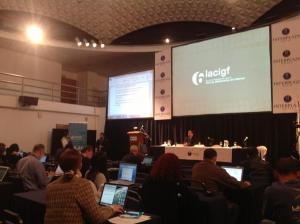Publicado el
Actualizado por última vez en
 Last week stakeholders from across Latin America and the Caribbean met in Cordoba for the Sixth Regional Preparatory Meeting for the Internet Governance Forum (IGF). Although a multi-stakeholder forum, civil society was best represented, with only a handful of participants from the private sector and government. Despite limited engagement from these important stakeholders, those present at the LAC IGF gave important insight into the challenges and opportunities of diverse stakeholder engagement in internet governance, with dynamic sessions on principles of multi-stakeholderism, capacity-building and enhanced cooperation.
Last week stakeholders from across Latin America and the Caribbean met in Cordoba for the Sixth Regional Preparatory Meeting for the Internet Governance Forum (IGF). Although a multi-stakeholder forum, civil society was best represented, with only a handful of participants from the private sector and government. Despite limited engagement from these important stakeholders, those present at the LAC IGF gave important insight into the challenges and opportunities of diverse stakeholder engagement in internet governance, with dynamic sessions on principles of multi-stakeholderism, capacity-building and enhanced cooperation.
While some participants called for discussion of practical mechanisms and spaces where multi-stakeholderism could be realized, others expressed concern over asking stakeholders to follow a specific model of engagement. Mechanisms for internet governance vary greatly, and it is important to consider specific contexts, power relations and capacities. Cost of on-site attendance was also recognised as a barrier to participation in internet governance discourse and processes.
ICANN was a major topic of discussion, with several participants calling for new stakeholder group for end users. Diedre Williams, speaking on behalf of end users, also acting as the English remote moderator, described an ICANN meeting in which a complaint was made about the cost of fellowships (1), with a response that ‘we all’ as end users pay for everything within ICANN.
In her intervention at the session on Enhanced Cooperation, Dafne Plou, speaking on behalf of APC, emphasised the importance of participation of stakeholders on equal footing. Recent proposals to create global mechanisms for governing the internet, which put governments at the centre of internet governance, are dangerous, and undermine the multi-stakeholder model. Instead, APC called for development of internet policies based on exisiting frameworks, including human rights principles and mechanisms.
During a breakout session on capacity-building for multi-stakeholder participation, several participants raised concerns over the need to build policy-makers’ understanding of internet governance issues, including the impact of new cybercrime and copyright legislation on the respect of human rights online.
Capacity-building is also essential for online intermediaries like Facebook, which are having a growing impact on governance of the internet at local and global levels. Following the #fbrape campaign, women’s organisations in the US have called for the company to train (2) its reviewers to identify content that violates users’ rights to privacy, security, and freedom from violence. Overall, participants agreed that capacity-building for multi-stakeholder participation needs to develop beyond top-down approaches, finding opportunities for stakeholders to share perspectives and learn from one another.
References:
(1) https://www.icann.org/en/about/participate/fellowships
(2) http://www.womenactionmedia.org/fbagreement/


